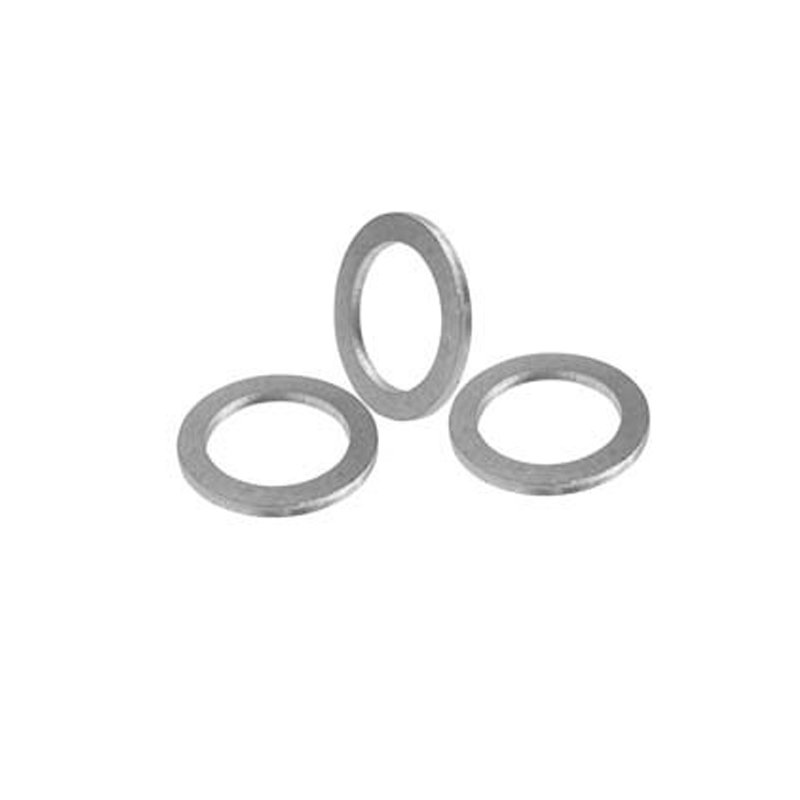oil seal rubber
Understanding Oil Seal Rubber A Key Component in Sealing Technology
Oil seal rubber is an essential component used in various mechanical applications to ensure efficient sealing and prevention of leakage. These seals play a vital role in maintaining the integrity of machinery by keeping lubricants contained and preventing contaminants from entering critical areas. In this article, we will explore the importance of oil seal rubber, its types, and its applications across different industries.
What is Oil Seal Rubber?
Oil seal rubber refers to the elastic material used to manufacture oil seals, which are mechanical devices that prevent the escape of lubricating oil and the ingress of dirt and moisture. These seals are generally circular, creating a tight fit around rotating shafts, thus providing a barrier that minimizes leaks. The rubber used in these seals is specifically formulated to withstand high temperatures, varying pressures, and exposure to various fluids, making it a versatile choice for numerous applications.
Types of Oil Seal Rubber
Various types of rubber materials are utilized in the production of oil seals
. Some commonly used rubbers include1. Nitrile Rubber (NBR) Known for its excellent resistance to oil and fuel, NBR is one of the most widely used materials in the manufacturing of oil seals. Its durability and flexibility make it suitable for automotive and industrial machinery applications.
2. Fluoroelastomer (FKM) This type of rubber offers superior resistance to extreme temperatures and aggressive chemicals, making it ideal for applications that involve harsh environments, such as in the aerospace and oil industries.
3. Silicone Rubber Silicone oil seals are known for their excellent high-temperature performance and flexibility at low temperatures. They are often used in food processing and medical applications due to their non-toxic properties.
oil seal rubber

4. Polyurethane (PU) PU seals are valued for their outstanding abrasion resistance and resilience, making them suitable for hostile conditions where wear and tear are significant factors.
Applications of Oil Seal Rubber
Oil seal rubber finds its applications across a wide range of industries, including
- Automotive In vehicles, oil seals are utilized in engines, gearboxes, and differentials to prevent oil leaks and maintain lubrication for smooth operation. Without effective sealing, vehicles would experience increased wear and potential catastrophic failures.
- Industrial Machinery Manufacturing equipment often relies on oil seals to keep hydraulic fluids contained and protect against contaminants. This ensures the longevity and reliability of machinery in factories and various production facilities.
- Aerospace In the aerospace sector, oil seals made from high-performance materials like fluoroelastomers are crucial for ensuring the safe operation of aircraft, where failure can have dire consequences.
- Marine Oil seals in marine applications protect equipment in harsh and corrosive environments, ensuring that machinery operates smoothly despite exposure to saltwater and other hazardous elements.
Conclusion
Oil seal rubber is a critical component in many industries, providing essential sealing capabilities that prevent leaks and keep equipment running efficiently. With a variety of rubber materials available, manufacturers can select the best type to meet specific operational needs and environmental challenges. As technology continues to advance, the development of high-performance oil seal rubber will continue to enhance the reliability and efficiency of machinery across diverse applications. Understanding the materials and applications of oil seal rubber is key to maintaining the integrity of mechanical systems and ensuring their longevity and performance.
-
Simplifying Oil Changes: A Comprehensive Guide to Oil Drain Plugs and Their Variants
News Aug.04,2025
-
Mastering Oil Drain Maintenance: Solutions for Stripped, Worn, and Upgraded Oil Plugs
News Aug.04,2025
-
Fixing Oil Pan Plug Issues: Leaks, Stripped Nuts, and the Right Replacement Solutions
News Aug.04,2025
-
Everything You Need to Know About Oil Drain Plugs: Sizes, Fixes, and Upgrades
News Aug.04,2025
-
Choosing the Right Oil Drain Plug: A Guide to Sizes, Materials, and Drain Innovations
News Aug.04,2025
-
A Complete Guide to Automotive Drain Plugs: Types, Problems, and Innovative Solutions
News Aug.04,2025
-
The Ultimate Guide to Car Repair Kits: Tools and Essentials Every Driver Should Own
News Aug.01,2025
Products categories















